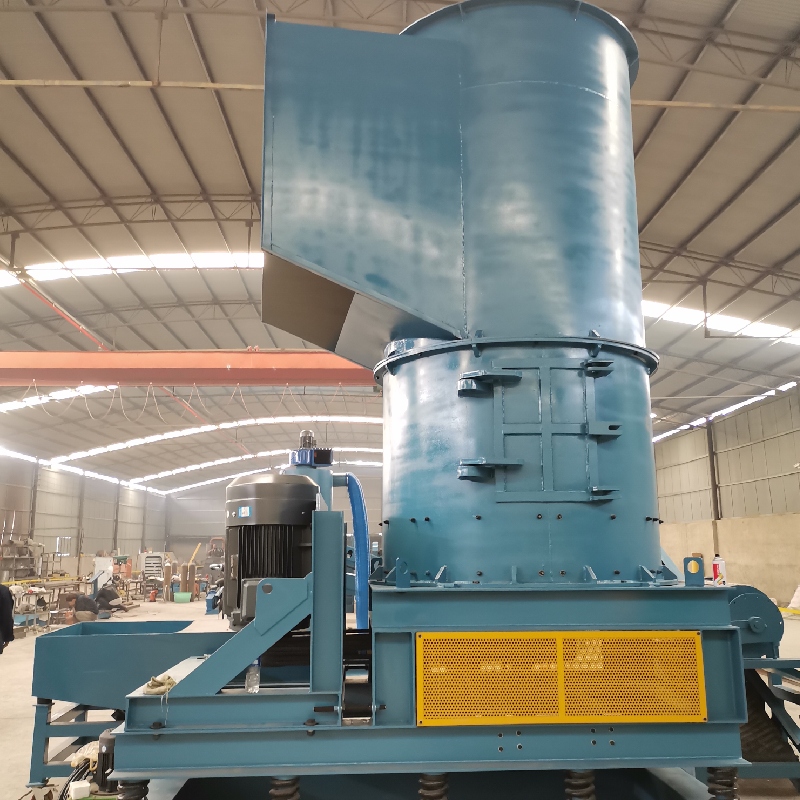

Nov . 01, 2024 08:44 Back to list
The Importance of Electronic Rubbish Collection
In today’s digital age, electronic devices have become an integral part of our daily lives. From smartphones and laptops to televisions and kitchen appliances, the convenience of technology comes with a significant downside electronic waste (e-waste). This surge in electronic consumption has led to an alarming increase in e-waste, prompting the need for effective electronic rubbish collection.
E-waste is defined as discarded electrical or electronic devices. It encompasses a wide range of items, including computers, phones, printers, televisions, and even larger appliances like refrigerators. The global production of e-waste is estimated to exceed 50 million tons annually, making it one of the fastest-growing waste streams in the world. As such, implementing proper electronic rubbish collection is no longer just a matter of environmental responsibility; it is crucial for public health and safety.
The improper disposal of electronic waste poses serious environmental hazards. Many electronic devices contain toxic substances such as lead, mercury, and cadmium. When these devices are thrown away with regular rubbish, these hazardous materials can leach into the soil and groundwater, posing risks to both ecosystems and human health. For instance, lead exposure can result in neurological damage, while mercury can have severe effects on the respiratory and digestive systems. Proper electronic rubbish collection helps mitigate these risks by ensuring that e-waste is disposed of in environmentally safe ways, such as recycling or through specially designated e-waste facilities.

Moreover, electronic rubbish collection plays a significant role in resource conservation. Many components found in electronic devices, such as copper, gold, and plastics, can be recycled and repurposed. By collecting and recycling e-waste, we reduce the need to mine for new raw materials, which in turn diminishes the environmental impact associated with extraction processes. This practice not only conserves valuable resources but also contributes to a circular economy, where materials are reused and repurposed rather than discarded.
Community initiatives and government programs focusing on electronic rubbish collection are essential for raising awareness and promoting responsible disposal practices. Educational campaigns can inform the public about the importance of e-waste management and encourage individuals to utilize designated e-waste collection services. Additionally, businesses can play a crucial role by implementing take-back programs, where customers can return old devices for proper recycling, creating a sense of responsibility during the product lifecycle.
In conclusion, effective electronic rubbish collection is vital for safeguarding the environment and public health. As consumers continue to rely heavily on electronic devices, it is imperative that we prioritize responsible disposal and recycling practices. By fostering a culture of awareness and accountability, we can significantly reduce the impact of e-waste and work towards a sustainable future. Embracing electronic rubbish collection not only protects our planet but also paves the way for innovative solutions in waste management and resource conservation.
Latest news
Troubleshooting Common Eddy Separator Problems
NewsJul.04,2025
The Role of Metal Recycling Plants in Circular Economy
NewsJul.04,2025
The Impact of Recycling Line Pickers on Waste Management Costs
NewsJul.04,2025
Safety Features Every Metal Shredder Should Have
NewsJul.04,2025
How Industrial Shredders Improve Waste Management Systems
NewsJul.04,2025
How Cable Granulators Contribute to Sustainable Recycling
NewsJul.04,2025